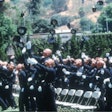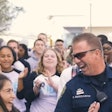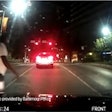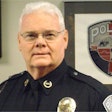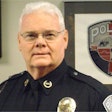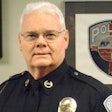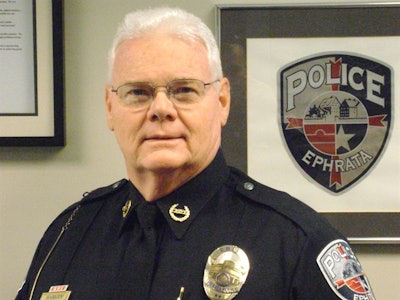 Photo courtesy of William Harvey.
Photo courtesy of William Harvey.
One of the best personality-based questions to ask an officer hoping to promote to the next rank is, "What is your greatest weakness as a law enforcement officer?" The follow-up question is, "What are you doing to address this?"
At promotional tests, this question is asked to see if you have the ability to know your weakness and the courage to admit to it. After this, what are you doing to prevent this from harming your performance? Some of the quick-witted ones will say that they are a bad speller but they bought a new dictionary. Very funny. What is your greatest weakness in evaluating your knowledge, skills, and abilities?
I'm not talking about when your commander walks in with your yearly evaluation. Nor am I talking about promotion tests. I'm talking about the next radio call, where you must handle a certain type of call. At that moment, you have that feeling in your stomach, a "please not this call today" moment. You may call back in and ask, "Is this call really for me?" What is that call? What is your kryptonite? What is that skill you know you lack?
When I was a director of training, I would write what I called a "training prescription" for a student or officer sent to me. For whatever reason, I was the one to help them with their faults, weaknesses, and failures to produce. Not an easy task, but it can be done under only one condition. The person themselves must admit to themself that this is a problem and they must do something to address it.
If you don't perceive the problem to yourself, then it's not your problem. It is somebody else's. You hear "this is what they say" or "it's their idea." For those who are treated with weakness, faults or phobias, the patient must admit to themself that they have a problem. It's not anybody else's problem but theirs. Once you admit it, you can be on the road to recovery.
One of the biggest issues here is that we have cop buddies, and we become enablers. If I know you don't like a certain type of call, I will come handle your call. Even as cover officer, I'll take your call. This is what cop buddies do. We cover for each other. This can be good, but also fatal. If you enable another cop to get away with marginal technical or tactical skills and he or she is your partner/cover, you're compromising the mission.
Maybe a little tough cop love is in order. For instance, one case there was one officer who didn't like building searches. It's what we do on alarms and open doors; we look for the burglar. He always sat out back on the perimeter or watching the back door. Sooner or later, he will be on the point. The weakness that we allowed to grow is now a tactical nightmare.
I don't know your weakness. Do some introspection of yourself and your performance. Be true to yourself. Talk with your trusted partners, get their input. Seek out training help. Your academy staff, senior Field Training Officers (FTOs) or trusted officers can give you the leg up you need. I live by one theory—the thing that you fear the most is always lurking around the corner. Train smart, train hard and turn your weakness to strength.










